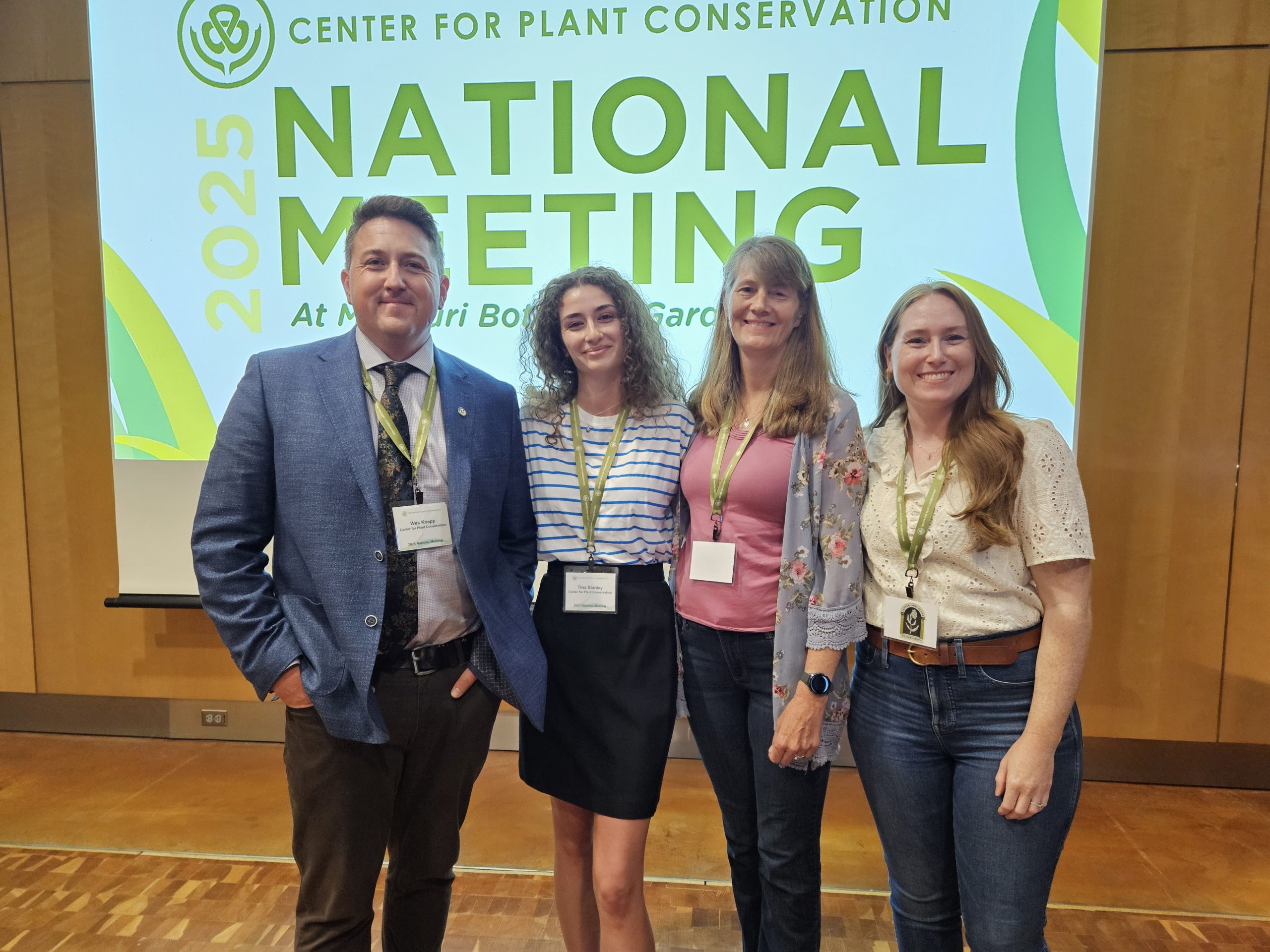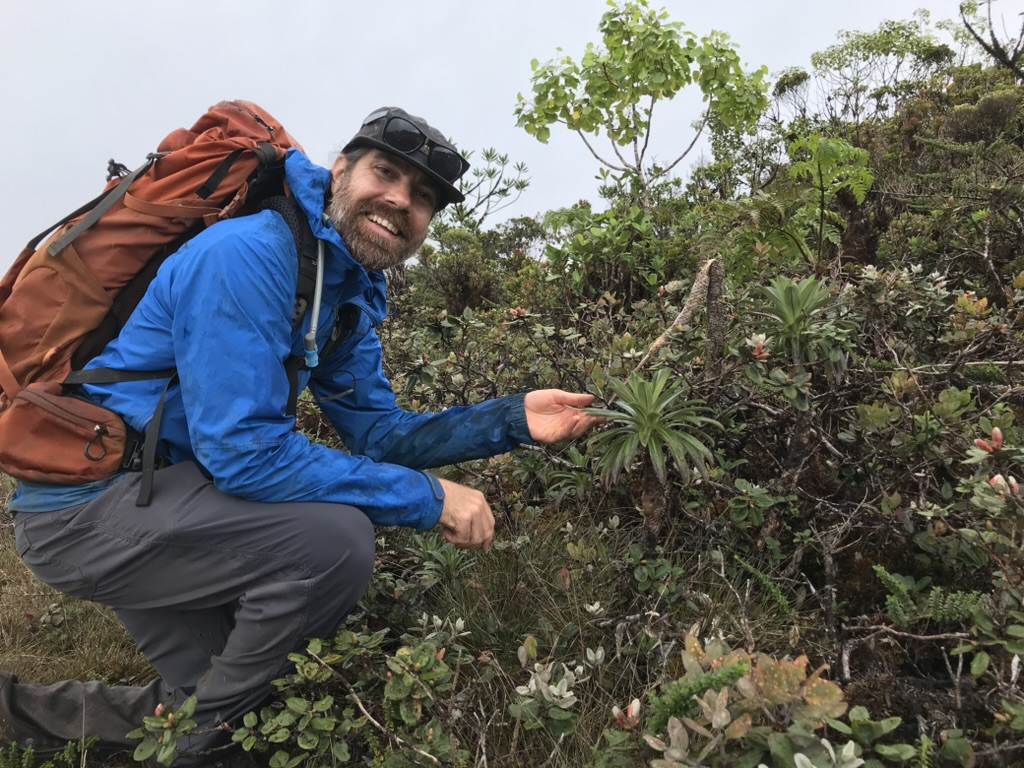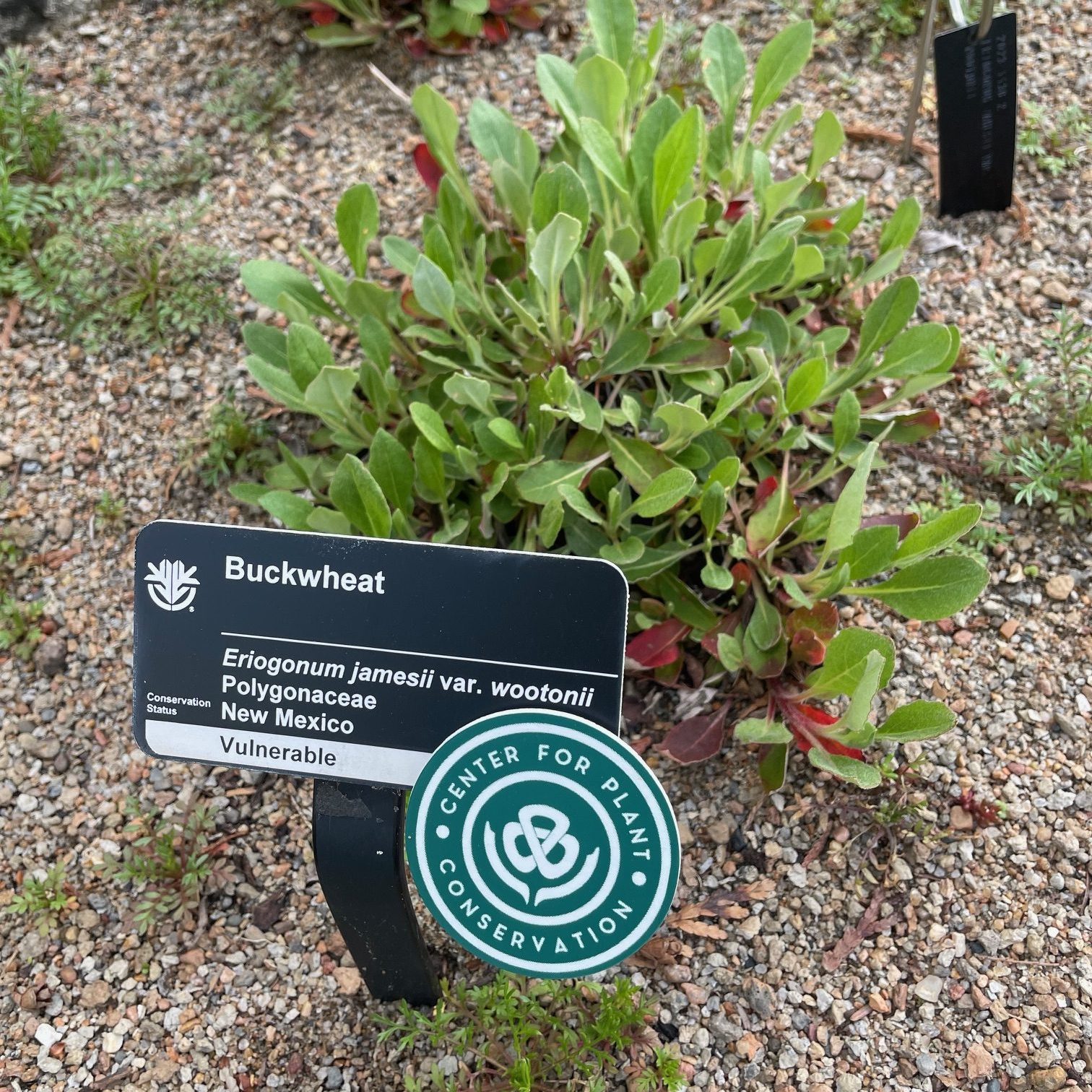Save Plants
CENTER FOR PLANT CONSERVATION
APRIL 2018 NEWSLETTER
In this month’s issue of Save Plants, we tackle the notion of what it means to be a “weed.” The old adage that a weed is “any plant growing where you don’t want it to” is an appropriate description. But more often than not people think of a weed as any unattractive or otherwise undesirable plant. Using this definition, many native species, even endangered plants, can be characterized as weeds simply because they are not showy. But many plants that are truly detrimental weeds can be quite showy, often the result of horticulture introductions into areas outside their native range. And those ugly little imperiled plants without a use? Well, they are in fact quite useful ecologically as many other species including insects and other pollinators depend on them for survival. Read on to learn about what it means to be a weed and, more importantly, what it means to not be a weed. You will soon see that beauty—and the weedy—are not all that meet the eye of the beholder.
Get Updates
Get the latest news and conservation highlights from the CPC network by signing up for our newsletters.
Sign Up Today!Donate to CPC
Thank you for helping us save plant species facing extinction by making your gift to CPC through our secure donation portal!
Donate Today

